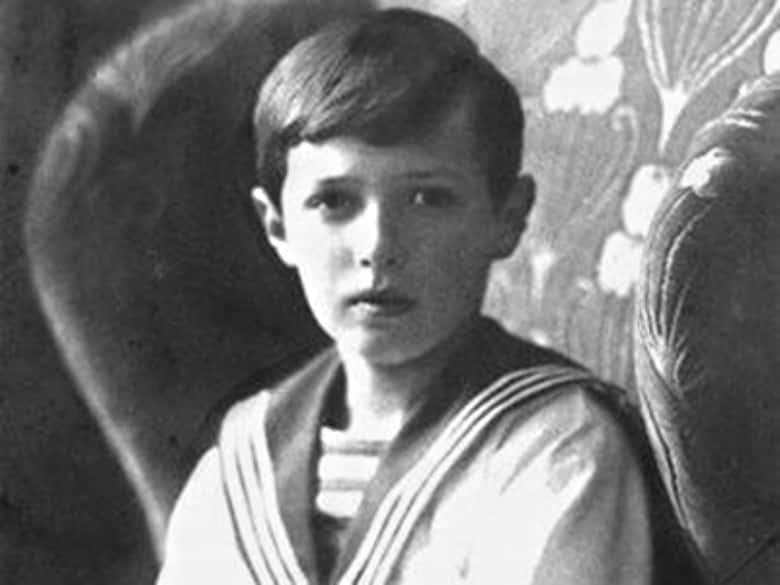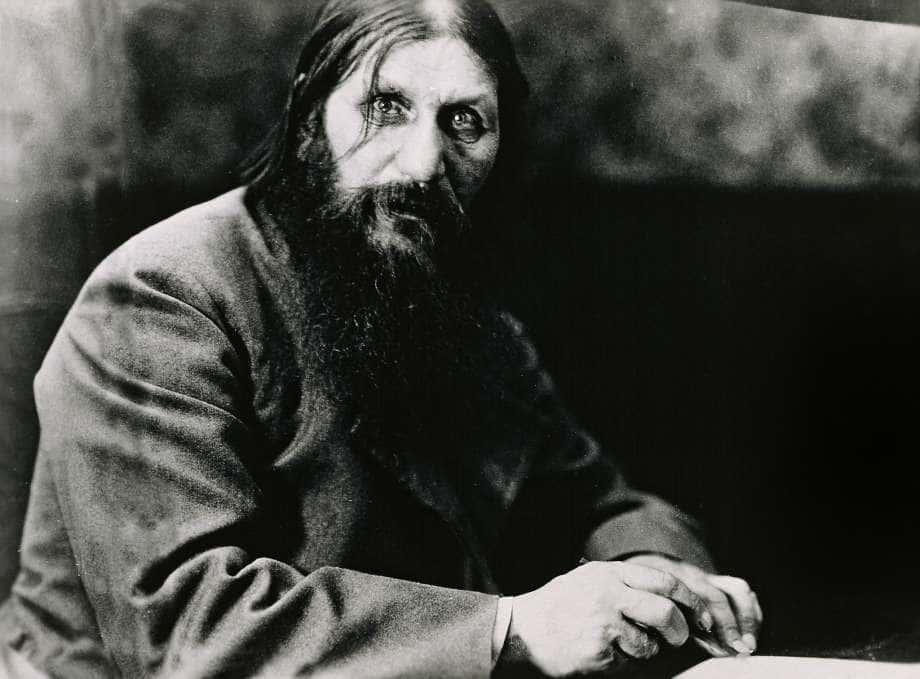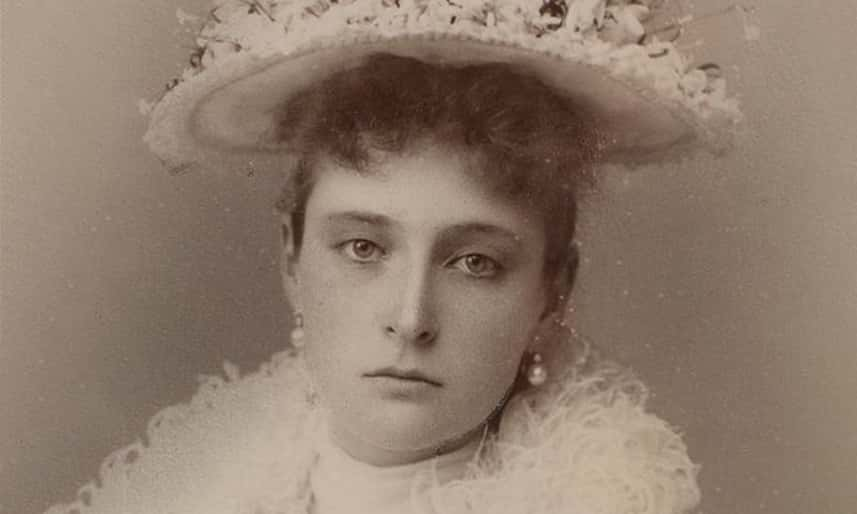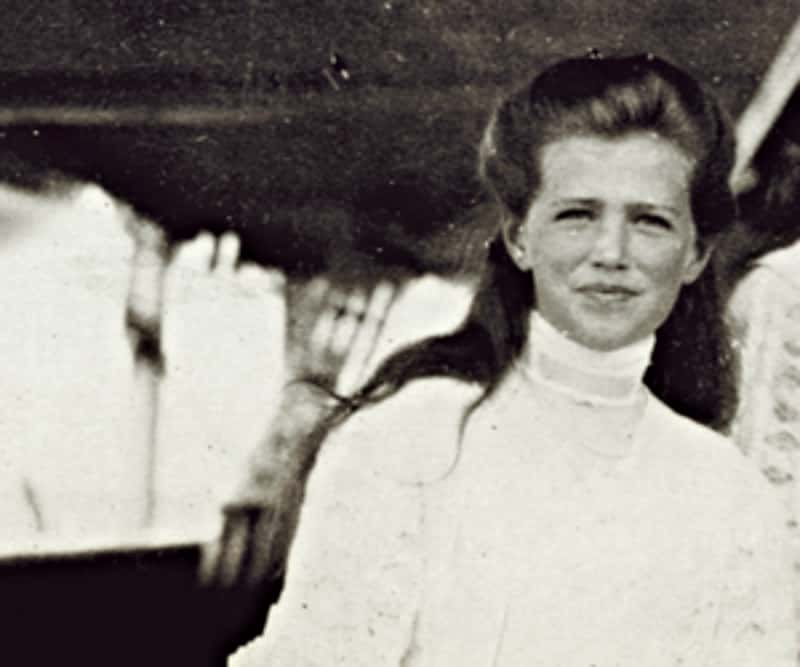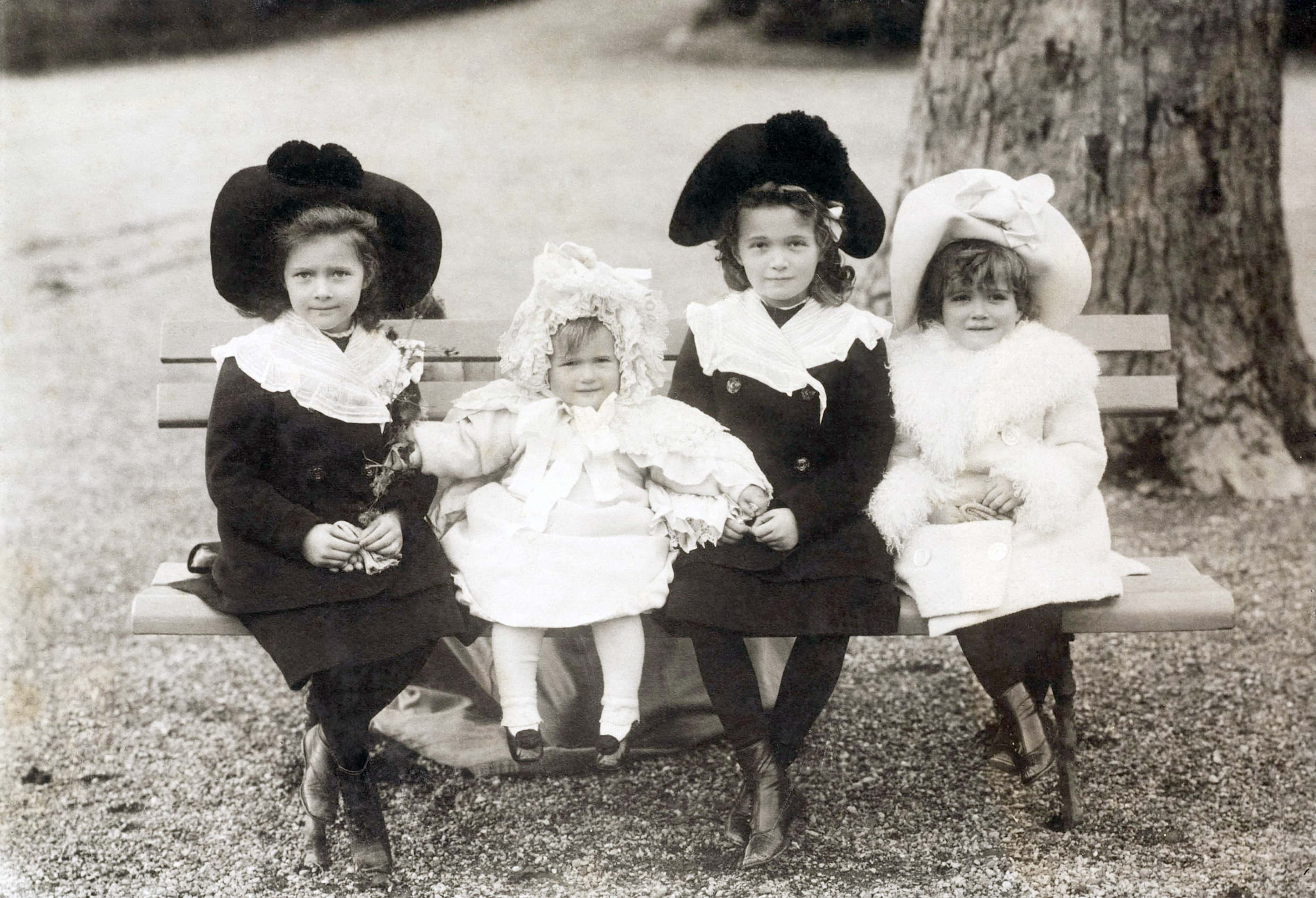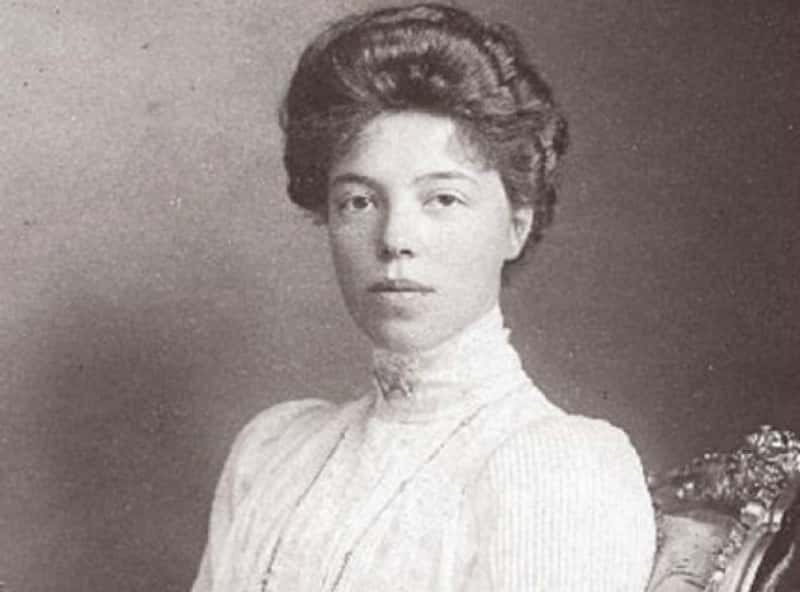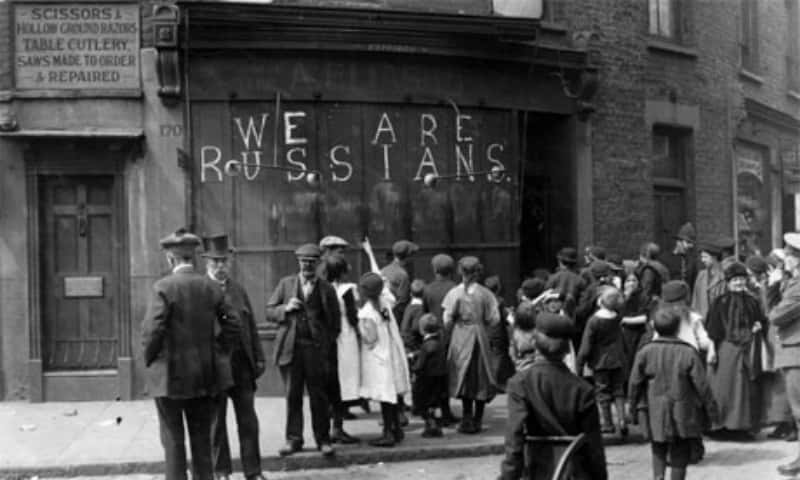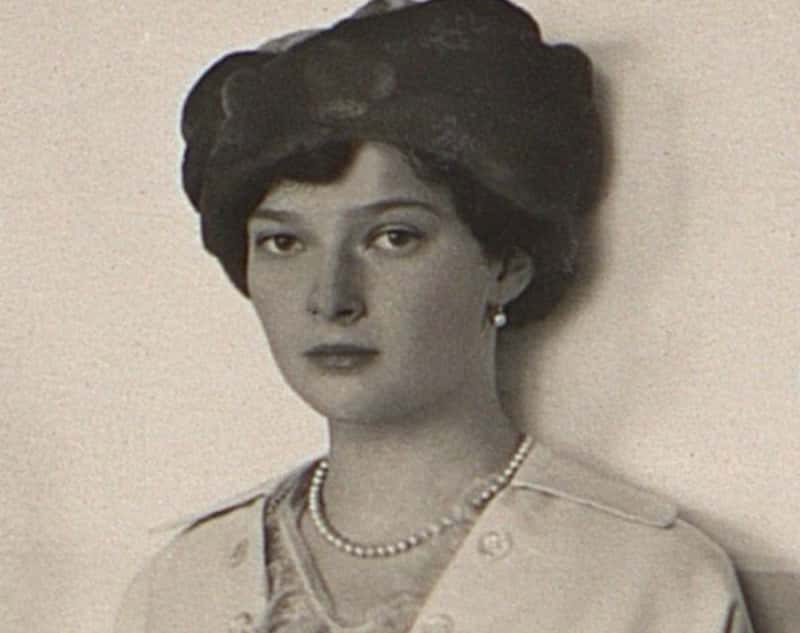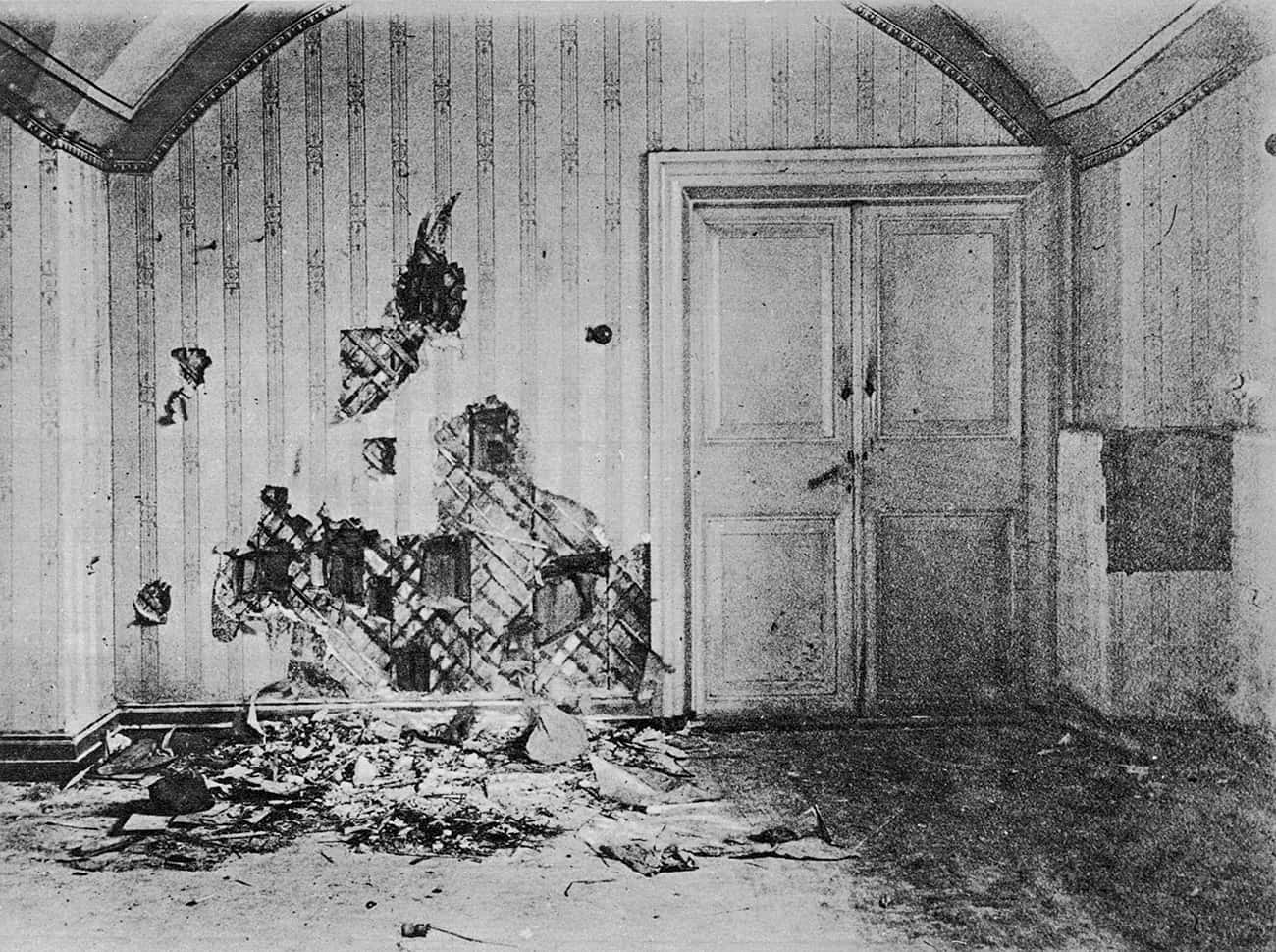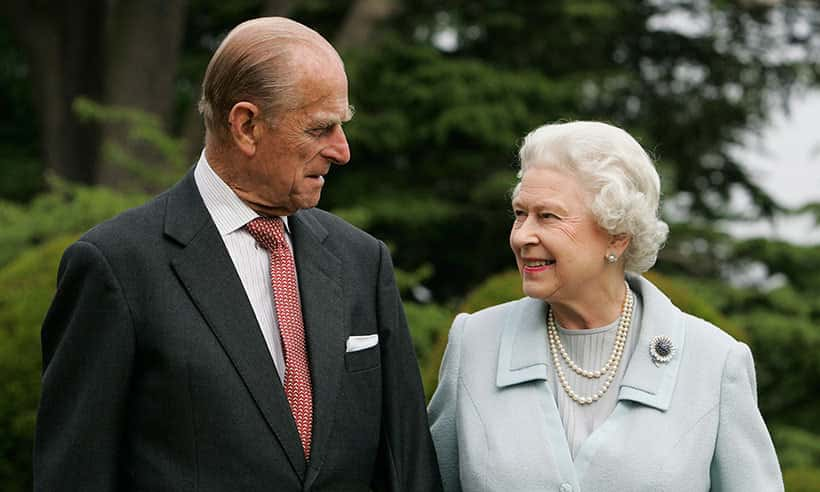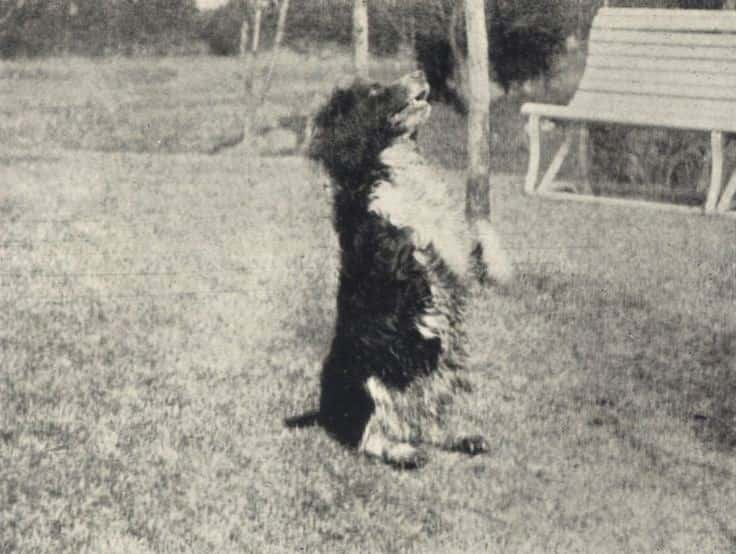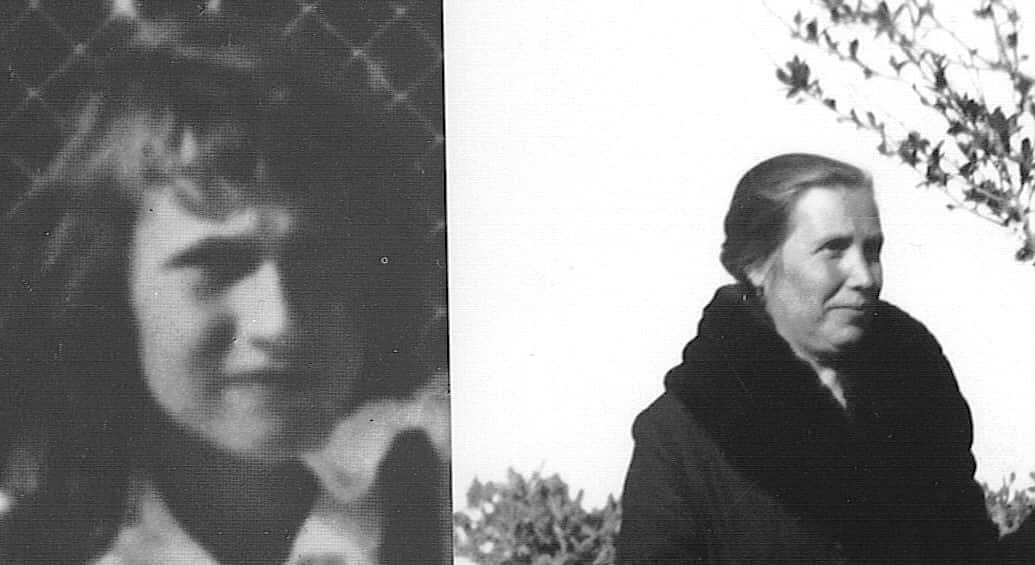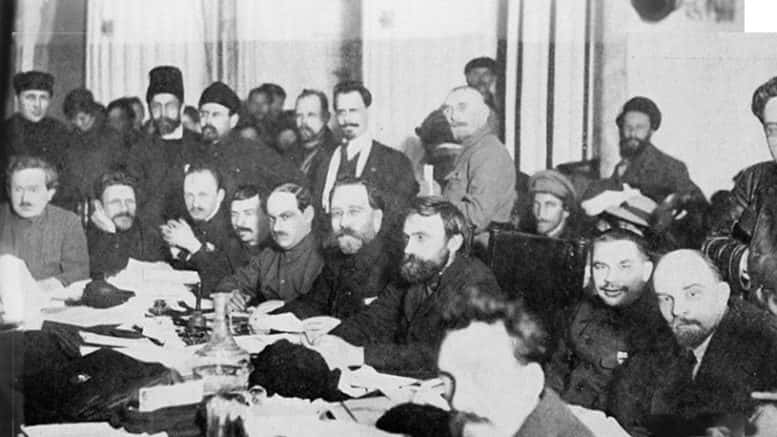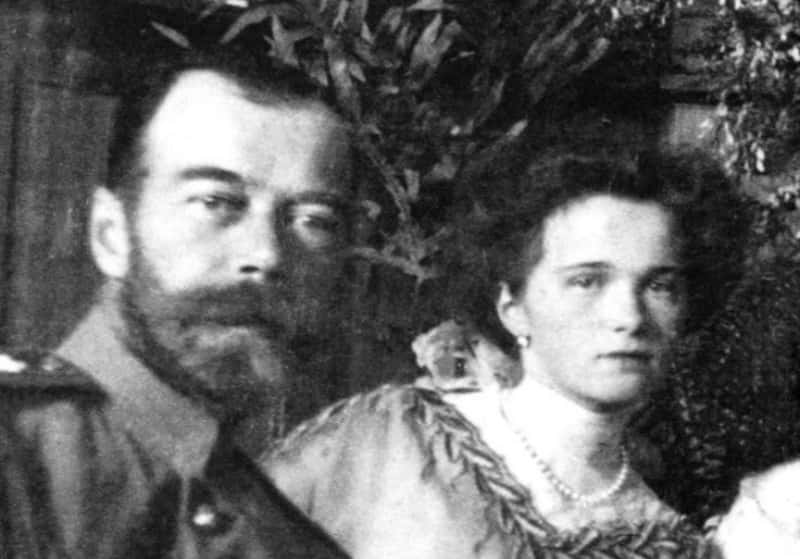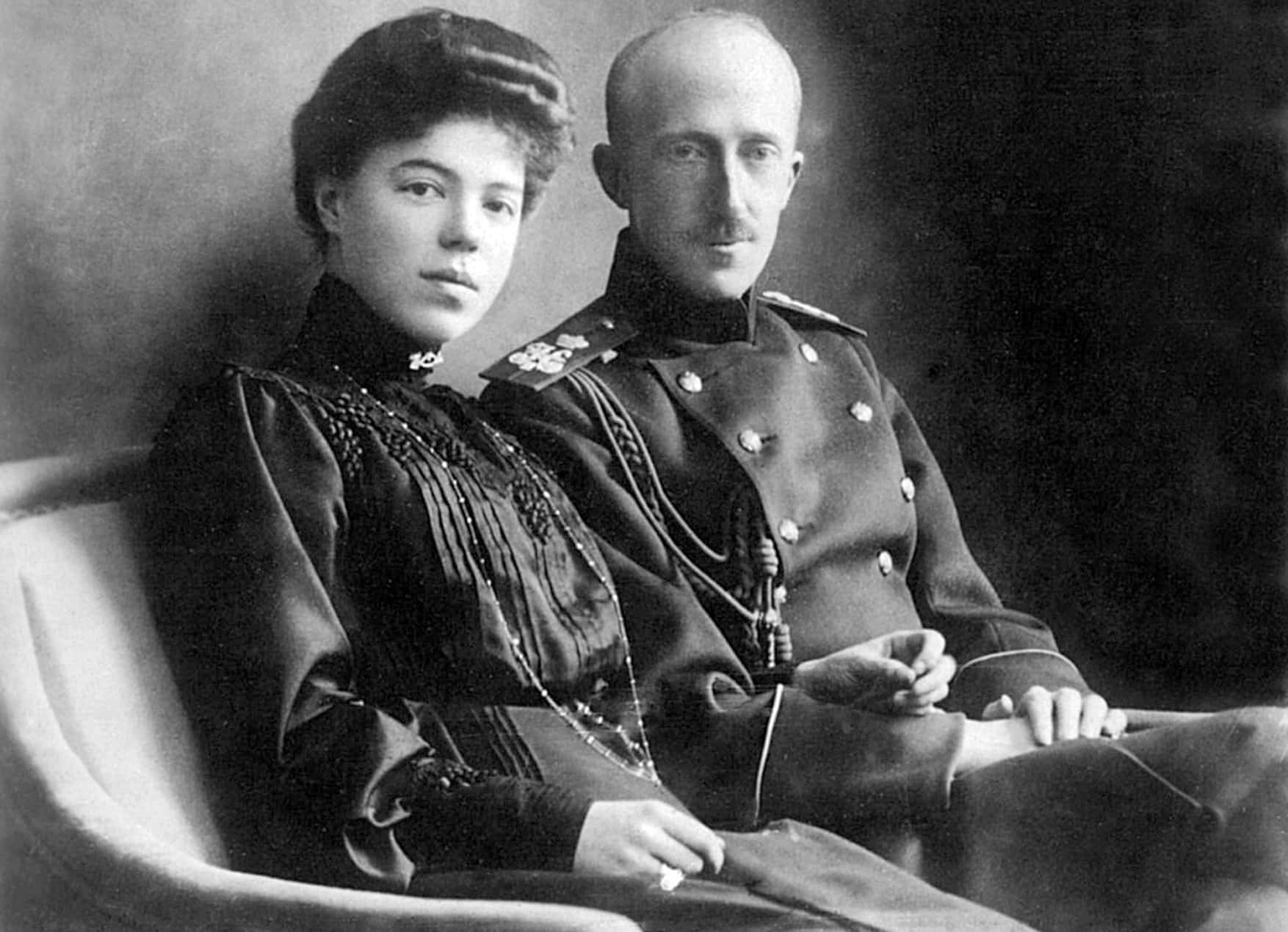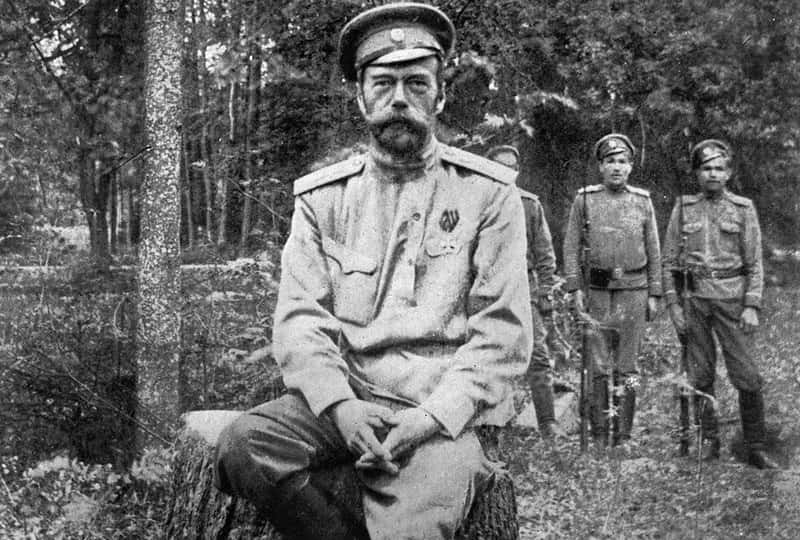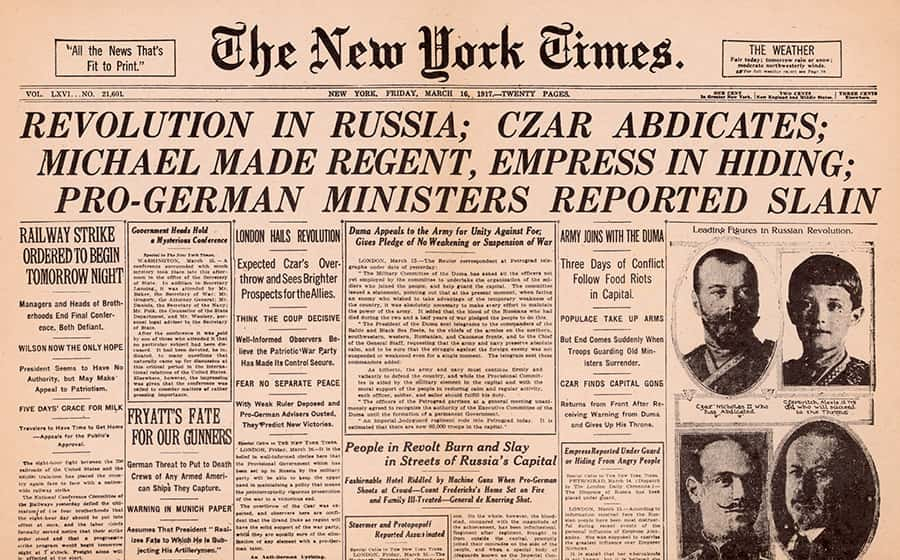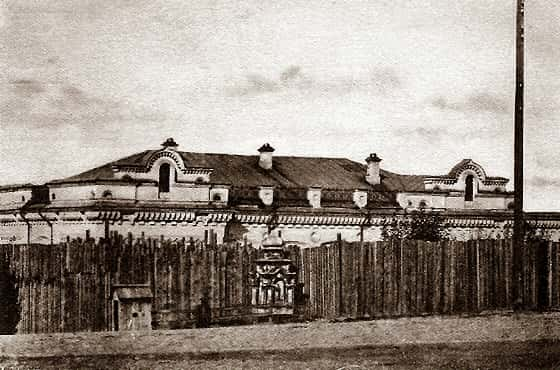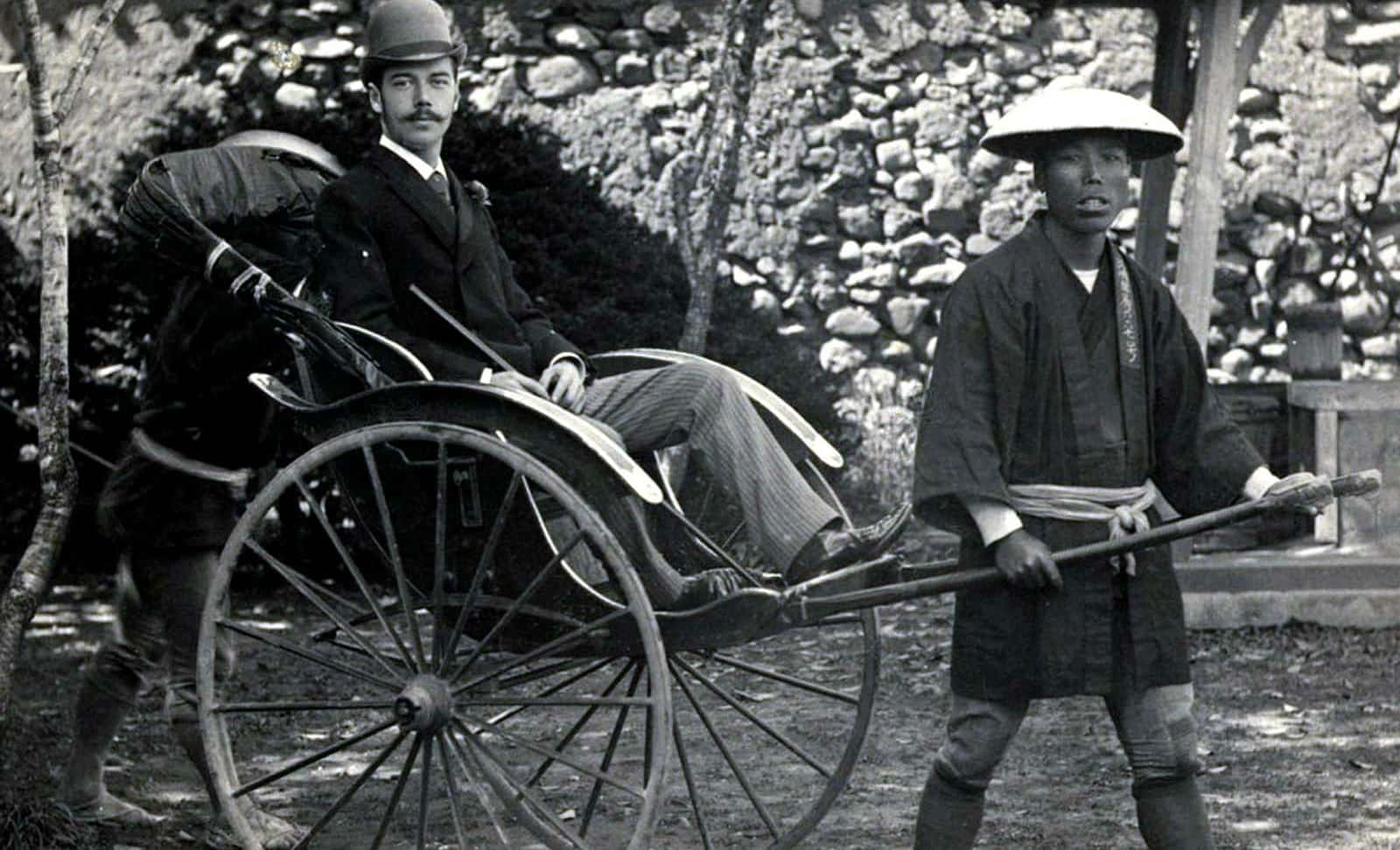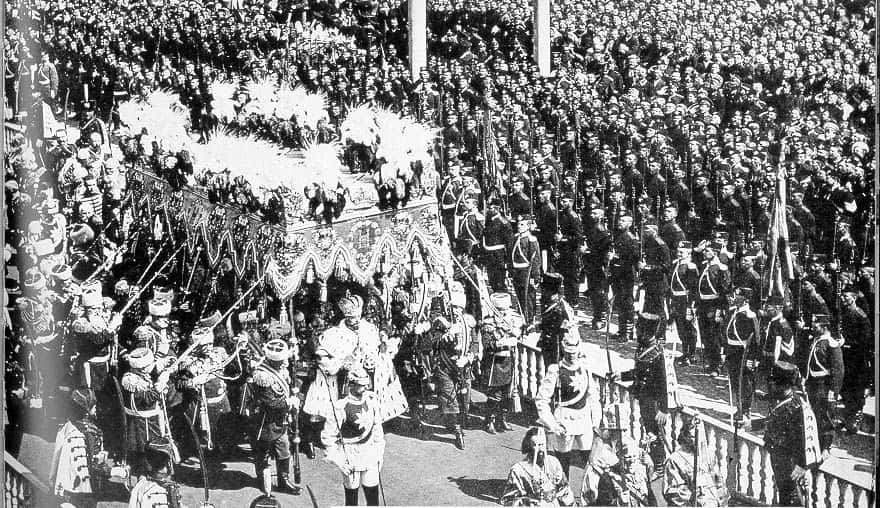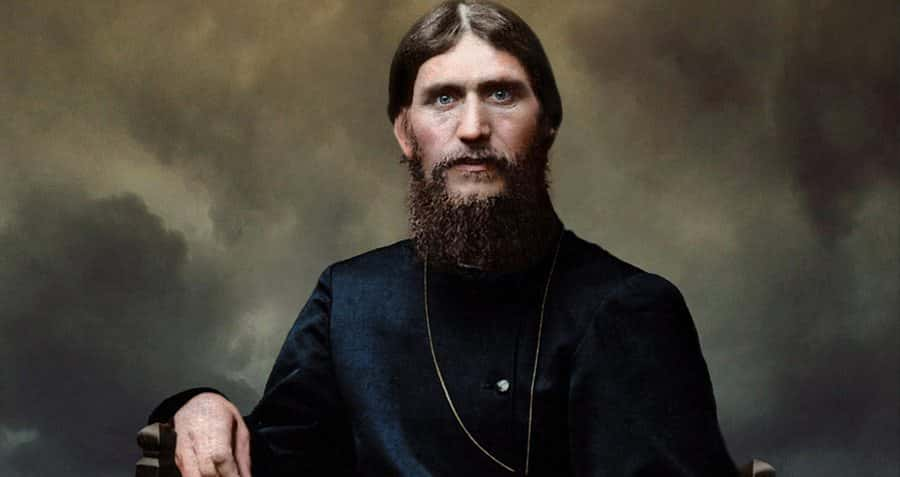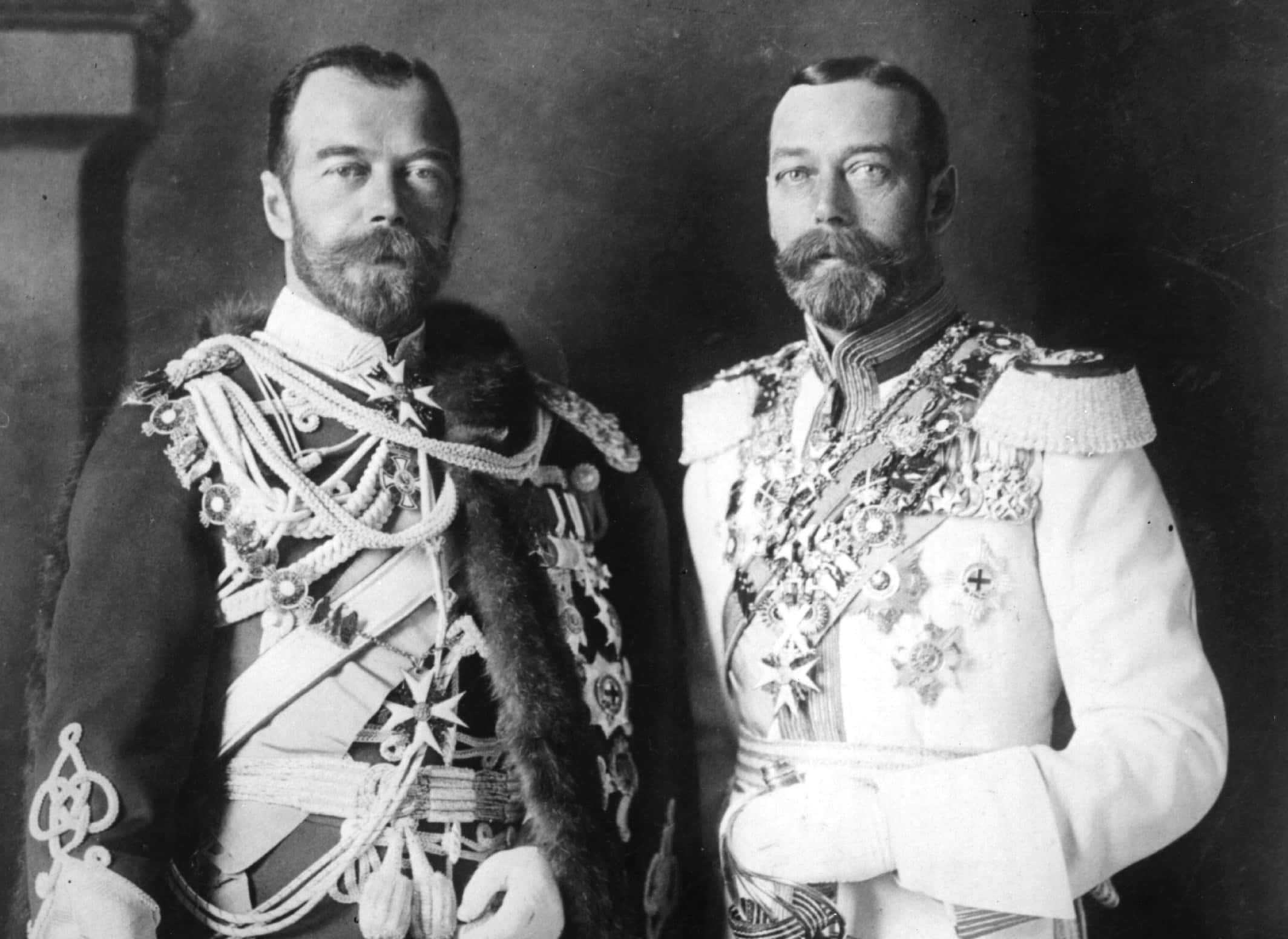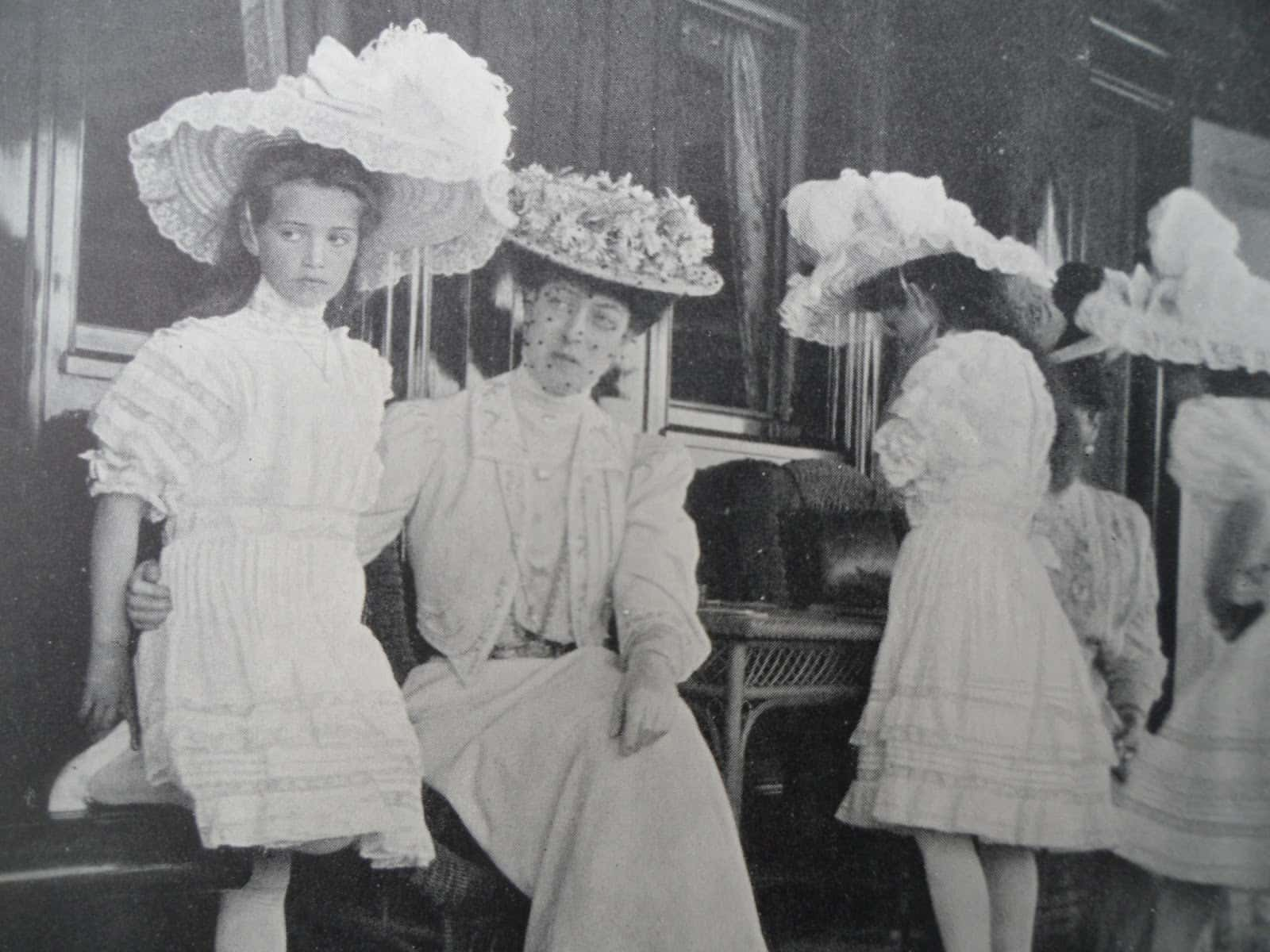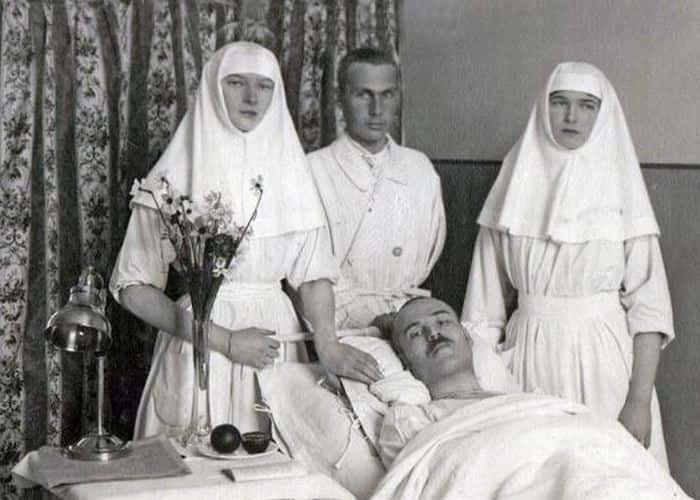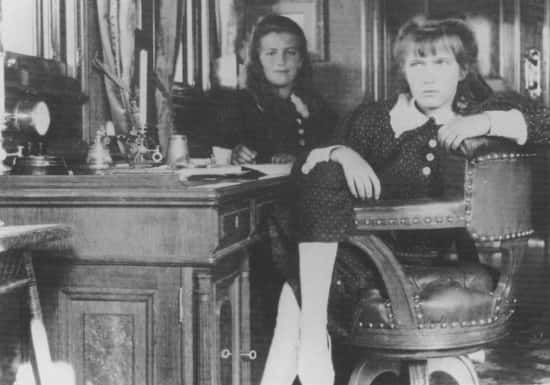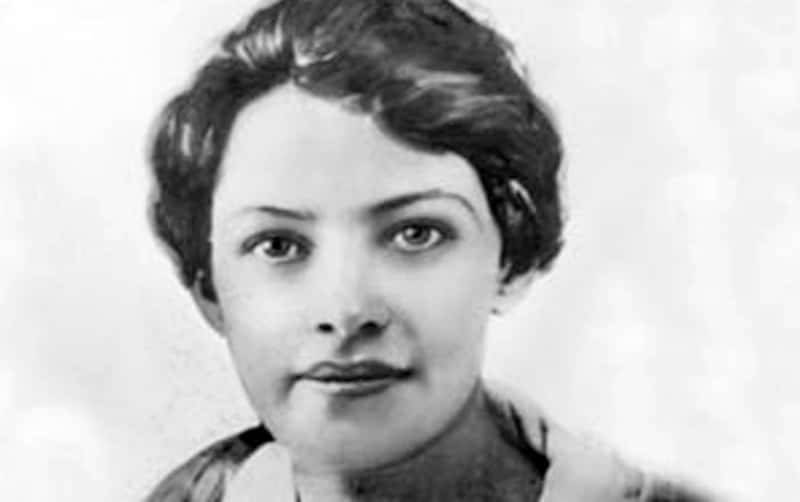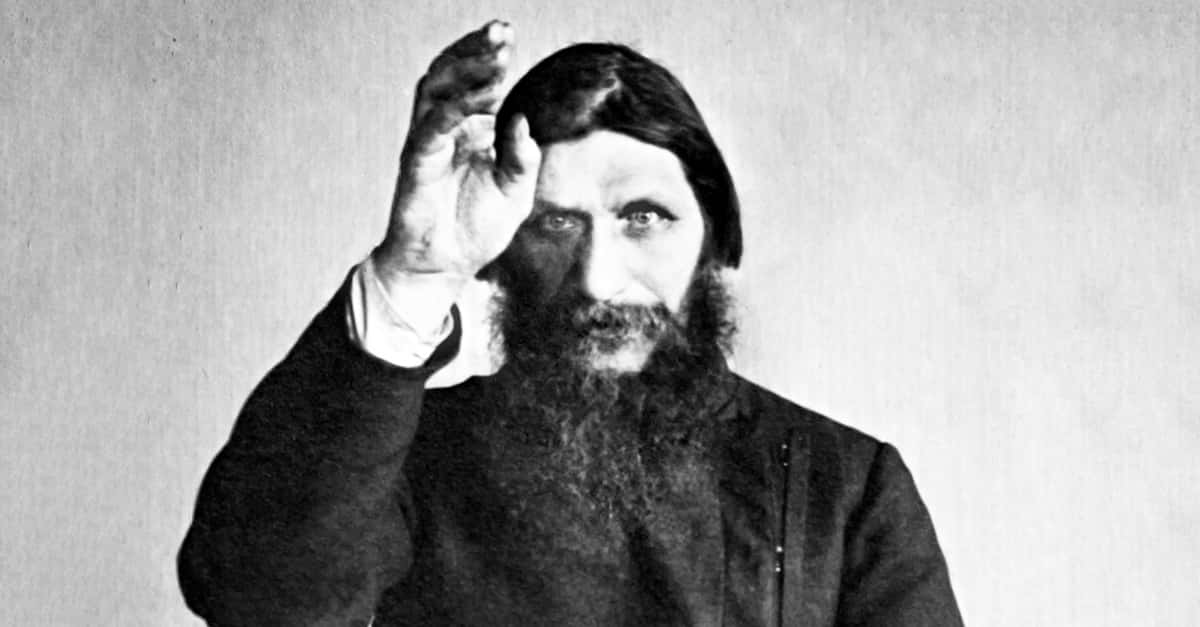"I am not yet ready to be Tsar. I know nothing of the business of ruling" —Nicholas II of Russia
The Romanovs were the last of the Russian dynasties, ruling Russia for hundreds of years. For decades they were both incredibly powerful and influential...and yet they will forever be remembered for how it all came crashing down.
Almost exactly 100 years ago in 1918, Tsar Nicholas II, his wife Alexandra, and all five of their children were executed. While it is widely believed that there were no survivors, the rumor that Anastasia had somehow escaped has inspired numerous books, movies, and a Broadway musical.
So while there's a whole host of half-truths and rumor to be found out there about this famous family, we dug deep to find the truth. Here are 42 facts about the Romanov family’s tragic history.
1. Totally Unqualified
Nicholas II was unprepared to rule Russia when he ascended the throne. He filled his court with his favorites, whether they were qualified or not, and is thought to have brought about his own downfall through his incompetence.
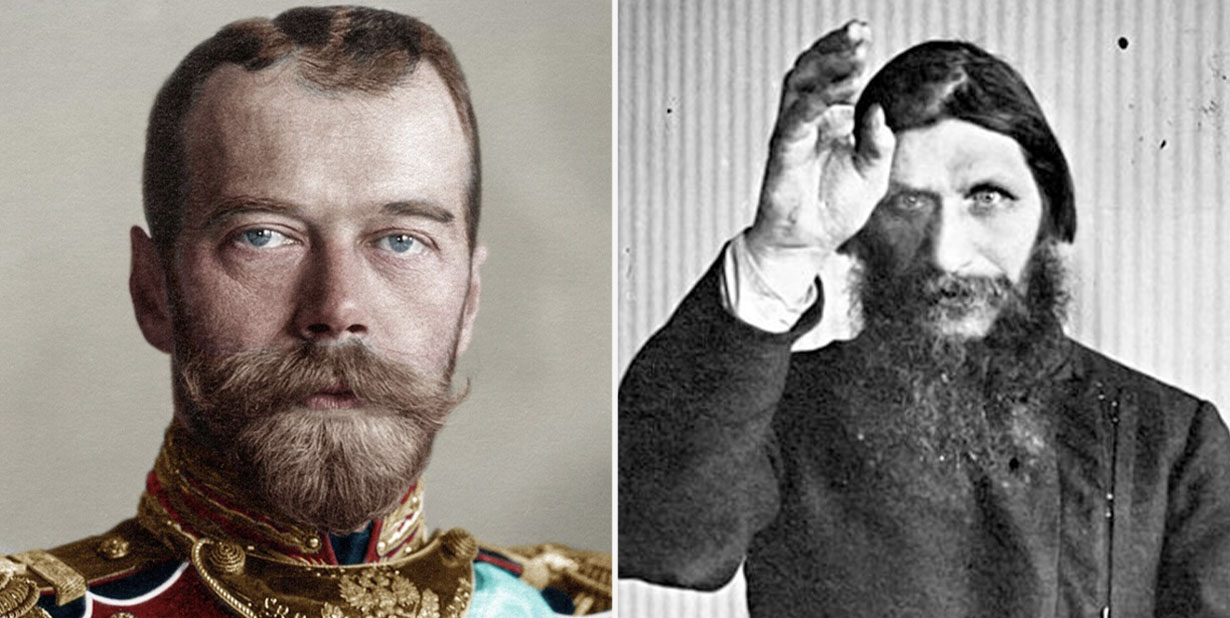
2. Precious Position
Alexei Romanov was not only the youngest of five siblings, he was also the only boy. Being the only son automatically made him the heir to the Russian throne. And since there were not likely to be any spares, it also made him particularly precious to his parents.
The child was sickly though. He suffered from Haemophilia, a genetic disorder that stops the bod from creating blood clots in response to injury. The disease was rampant in the Romanov family-- potentially due a to history of inbreeding.
3. A Rumored Affair
Alexei was a sickly boy. When traditional medicine failed the Tsarina Alexandra’s son, she turned to a Russian mystic by the name of Rasputin.
You may have heard of him.
As Rasputin’s influence over the Romanovs (and especially Alexandra) grew, so did the rumors that Alexandra was having an affair with the mysterious man. True or not, it didn’t matter to the Russian public. Salacious rumours spread like wildfire, and did for the reputation of either Rasputin or the Tsarina.
Rasputin is said to be one of the factors that led to the downfall of the Romanovs.
4. Royal Roots
Tsar Nicholas II’s wife Alexandra was born into royalty. Her parents were Duke Louis IV and Princess Alice of the United Kingdom, and her grandmother was none other than Queen Victoria. She was also the maternal great aunt of Prince Philip, and first cousin to Queen Elizabeth II.
That’s quite the blue blood.
5. Love Wins
Alexandra was just 12 years old when she met Nicholas Romanov. Over time, their friendship grew into romance and they found themselves in a Romeo and Juliet situation. Alexandra’s family had visible contempt for the Russian people, while Nicholas’ father Alexander III was anti-German. It was also suspected that Alexandra carried hemophilia, an almost certainly fatal disease for the era. Despite these seemingly insurmountable obstacles, love triumphed and the pair married anyway.
6. Say Cheese!
In the early 1900s, photography was beginning to gain global popularity, and Nicholas became quite the shutterbug. Nicholas owned a US-made Kodak camera and would often take pictures of his family and their closest friends. Alexandra was also fond of photography and paid for professional photography services. More than 2,000 photographs were created in the family studio each year, and they portrayed the happiest moments of the family’s life.
7. Marie’s Saucers
Maria Romanov, the third daughter of Nicholas and Alexandra, was often compared to one of Botticelli's angels because of her angelic appearance. She was described as having light brown hair and big blue eyes that her family called “Marie’s saucers". She had such a good nature that her great uncle nicknamed her "the amiable baby".
8. A Cure for Sickness
Hemophilia is a genetic disorder that prevents the blood from clotting properly, and it was common in royal families at the time. Alexei Romanov inherited the disease from his mother Alexandra and his great-grandmother Queen Victoria of England.
9. The Little Pair
As children, Maria and her sister Anastasia were known as “the little pair". They shared a room, wore almost identical clothing, and spent a great deal of time together. The two older girls, Olga and Tatiana, were known as "the big pair," and also shared a bedroom. Despite the pairings, all the girls were actually really close, and often signed letters with the acronym OTMA, the first letters of their names.
10. Only Human
Maria Romanov was known for having an overly sweet nature and being something of a goody two shoes. Her sisters, as sisters do, would take advantage of her generosity and nicknamed her their “fat little bow-wow". Her father Nicholas, on the other hand, was concerned that she was too perfect and was glad to know the rare occasions when she got in trouble. He once remarked: "I was always afraid of the wings growing. I am glad to see she is only a human child".
 Phenomena (National Geographic)
Phenomena (National Geographic)
11. The Grand Princess
When Olga Romanov was born, she was granted the official title of "Grand Princess" or "Grand Duchess". The title made her an imperial highness, which, according to Russian ranks, was higher than any other princess in Russia. Unfortunately for her, she was born a girl, so despite being first born, she wouldn’t have been able to inherit the throne.
12. Well, Maybe Not
In Russian succession, it was understood that the son would be the natural successor, and Alexei Romanov was treated as the presumed heir. When Nicholas II was forced to abdicate his throne, he initially named Alexei as his successor, but quickly changed his mind. He couldn’t handle being separated from his sickly son and decided to select his brother Mikhail instead. As it turned out, things didn’t end well for either of them. Both of them were slain by the Bolsheviks.
13. Getting a Bad Rap
The Tsarina Alexandra never quite managed to win the hearts of the Russian people. Despite her best efforts, her German heritage prevented her from getting a fair chance, and no matter what she did, it always got spun into something negative. To her credit, she kept trying to please the people, but as anti-German sentiment rose during WWI, their hatred became even more focused on her. Now she’s someone who could have used a good publicist.
14. Family Organizer
Tatiana, the second-born of the Romanov children, was known for her directness and her sense of order. Working hard and being useful were most important to her, and she was generally a take-charge kind of girl. Her sense of duty included keeping her siblings in line, which earned her the nickname “the Governess". Her resemblance to her mother gave her father a soft spot for her, and whenever the sisters wanted anything from their father, Tatiana was elected to go and ask him.
15. Don’t Call Me That!
Tatiana’s official title was “Your Imperial Highness,” but she was rarely called by anything other than her first name in private. Once, when someone did refer to her by her title, she apparently kicked her under the table and exclaimed “Are you crazy to speak to me like that?” Judging by her reaction, the correct answer here is probably “yes?”
16. Being the Oldest
The Princess Olga was always very aware of being the eldest, and that attitude was reflected in the stories relayed by her governess. Olga had a great interest in bible stories, and when she was read the story of Joseph and his brothers, her sympathies were with the oldest brother, to whom she felt the coat should have been given. In a separate incident where the children were shown a cinematograph of two girls playing, when the older girl took a toy from the younger sibling and then beat her, Olga presumed that the toy had belonged to the big sister and thought that beating the littler girl might have been necessary to get the trinket back. It’s a good thing she wasn’t in charge of settling disputes, or there might have been a lot of younger siblings missing their heads.
 YouTube
YouTube
17. Case Not Closed
The Execution of the Romanov family took place 100 years ago, but the case of their murder is still officially open. In 2015, at the request of the Russian Orthodox Church, the case was reopened to officially confirm that their alleged remains really did belong to them. Nicholas, Alexandra, and three of the children were found in 1991 near the city of Yekaterinburg, but Alexei and Maria weren’t discovered until 2007. As of 2017, the investigation into their deaths was still ongoing.
18. A Simple Blood Test
One of the only means of confirming whether or not the remains of the Romanovs had indeed been found was by testing the blood of another relative. None of the direct line of Romanovs are still living, but there was a solution for that. Prince Philip of England is a distant relative of Alexandra’s, and a sample of his blood was taken for testing.
19. Escaping Siberia
At least three Romanov children had pet dogs at the time of their execution. Two of the dogs were slain along with the princesses, but the dog belonging to Crown Prince Alexei miraculously escaped. Amazingly, the dog made the trek across Siberia and eventually to England where he lived out his days close to Windsor Castle.
20. Perpetuating the Myth
For many years after the Romanovs were executed, rumors circulated that Anastasia had somehow escaped and was still living somewhere under a different identity. Over the years, over 100 women have claimed to be Anastasia, keeping the myth alive. We remain captivated by the possibility that Anastasia is somewhere out there.
21. Still Alive?
After the execution of the Romanov family, the Bolsheviks deliberately told the Russian people that only Nicholas had been executed and that Alexandra and Alexei had been sent to a “secure” place. They then claimed that the family had been slain by Left-wing revolutionaries, and then denied once more that they were dead. After an investigation in 1926, the government was finally forced to admit that the Romanovs had perished.
22. Sole Survivor
Until the day she died, Grand Duchess Olga, the younger sister of Nicholas II, claimed to be the heir to the Russian dynasty even though she was completely dismissed by relatives. According to Olga, she managed to flee Russia, escaping to Denmark. By the time she perished, her claim to her lineage was widely recognized.
23. Crossing Continents
Olga and her husband were forced to leave Denmark and emigrated to Campbellville, Canada, where they lived on a 200-acre cattle farm. About 10 years later, they moved to a small house in Cooksville, where they remained until her husband's passing in 1958. According to biographers, the house was crammed with mementos of Olga’s imperial days, including a portrait of her father Tsar Alexander III. When Olga herself fell ill, she was put into the care of a man in Toronto who was once a member of the Imperial Guard. She passed on in his home, which was located above a barbershop, in 1960.
24. God-Given Right
One of the contributing factors to the downfall of Nicholas II was his belief in Divine Rule. In Nicholas’s eyes, his right to rule was granted to him by God and as a result, there were no limits to his power. While most of Europe was becoming democratic, Nicholas refused to give up on the outdated idea of absolutism. He also failed to take heed of the fact that this had already caused the collapse of the French monarchy.
25. Family First
When Nicholas made the decision to abdicate the throne in 1917, he did so not only for the good of Russia, but with the belief that doing so would protect his family’s safety. This proved to be an extremely naïve belief, as he and his family were placed under house arrest and transferred to a tiny town called Tobolsk. They were also able to bring many of their family treasures there, so you couldn’t really blame him for thinking that everything would be okay.
26. The House of Special Purpose
The revolutionaries didn't look kindly on the Romanovs being allowed to continue living in what was perceived as privilege. A house in Yekaterinburg was prepared for the family and was referred to by the Bolsheviks as “the house of special purpose". As the family entered the house, Nicholas was addressed as “citizen Nicholas Romanov,” indicating that their royal titles were a thing of the past.
27. I Hate Everything About It!
While he was still the heir apparent, Nicholas was attacked during a trip to Japan by a madman with a sabre, and was nearly slain. His cousin managed to save him from a fatal strike with a bamboo cane. The Japanese Emperor drove all night to see Nicholas and make amends. Nicholas wasn’t really the type to forgive and forget though, and he hated Japan and everything to do with it from then on. This event may also have played a part in starting the Russo-Japanese conflict in 1904. The guy certainly knew how to hold a grudge!
28. Bloody Tragedy
On the day after the coronation of Nicholas II, a three-day festival was held at Khodynka Field for the common people to celebrate. It didn’t take long for word to spread throughout Moscow, and it’s estimated that between 500,000 and 1 million people came to the field. This was not at all what the organizers had expected, and as tends to happen at such events, things got tragically out of control. The crowds were so thick that people lost consciousness or perished from being crammed in, and thousands of people got trampled or injured. The Russian people were typically superstitious, and many believed that the blood shed at the beginning of his reign would end up coming back to him.
29. Under the Influence
Rasputin was definitely not popular with the Russian people, but his ability to offer comfort to the ailing Alexei earned him the trust of Nicholas and Alexandra. Alexandra’s isolation made her highly vulnerable to an outside influence, and she wrote Nicholas on a regular basis to give him Rasputin’s views.
30. Preserving His Position
King George V of England was nearly identical in appearance to his cousin Nicholas II, and archival information has suggested that the pair were close. When Russia became plagued with unrest, however, that closeness didn’t seem to move George to help his almost-twin, leading many historians to wonder why. One royal biographer speculated that the king’s inaction was an act of self-preservation. He was worried that his cousin’s poor reputation in Russia could damage his own monarchy, and he wanted to avoid a similar uprising in Britain. So much for familial bonds.
31. Mischievous Imp
Anastasia Romanov was the most head-strong and mischievous of the Romanov sisters. She was always trying to make her sisters laugh, and she enjoyed playing pranks on her tutors and nurses. Most of her tricks were taken as harmless fun, but occasionally she went too far, leading to one cousin to reportedly say that Anastasia was “nasty to the point of being evil". For the most part though, she was remembered for being spirited and energetic, and for her nickname “imp,” which reflected her personality.
32. Sisters of Mercy
When WWI broke out, Tatiana Romanov was 17 years old, and of an age to contribute to the war effort. She, along with her mother and older sister Olga, were certified as surgical nurses. Of the three, Tatiana was most suited to the work. While Olga was somewhat more delicate in disposition, Tatiana was calm and steady. She may have been a princess, but all of medical aides who saw her said that she was born to be a nurse.
33. No More Walking
From the time he was born, Alexei Romanov was in a fragile state of health, and doctors had warned the Royal Family that he probably wouldn’t live to see his 16th birthday. When he was 13, that early demise seemed imminent when he suffered a recurring hemorrhage in his knee. Eventually he recovered sufficiently to be carried out to the garden, but for the remainder of his short life, he could not walk.
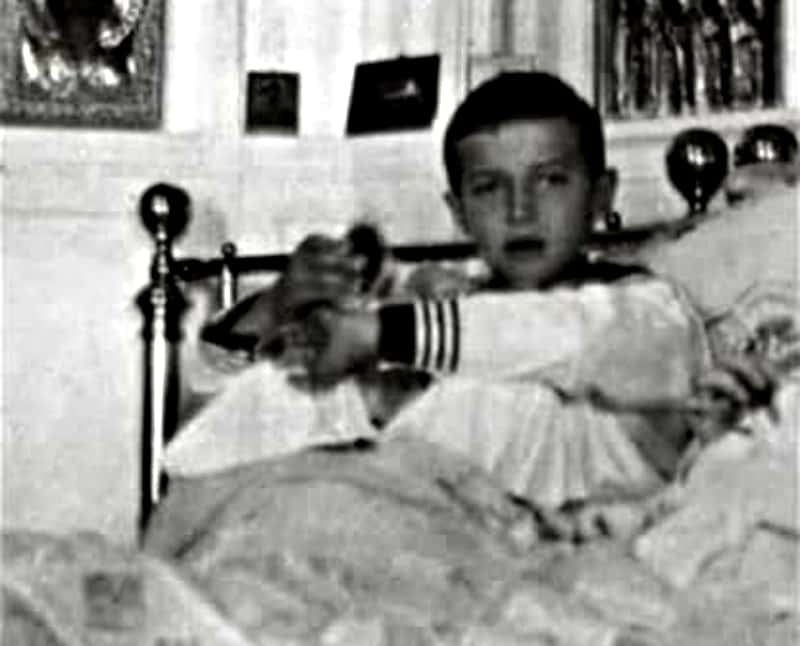 YouTube
YouTube
34. An Illicit Affair
During the family’s confinement, Maria, who was considered to be the most flirtatious and the prettiest of the sisters, was caught in an inappropriate position with guard Ivan Skorokhodov. He snuck in a cake for her 19th birthday, and from there, a friendship (and possibly more) bloomed. Once discovered, Skorokhodov was sent to prison and Maria was given a scolding by her family.
35. It Was Lenin’s Idea!
The execution of the Romanov family is well-documented in history, but what has remained a mystery is who exactly ordered their execution. Many historians believe that Lenin and his lieutenant Yakov Sverdlov ordered the execution in lieu of a public trial. Regardless, there wasn't any paper trail, so the buck basically stops with Yakov Yurovsky, who was commandant of the House of Special Purpose where the family was being held.
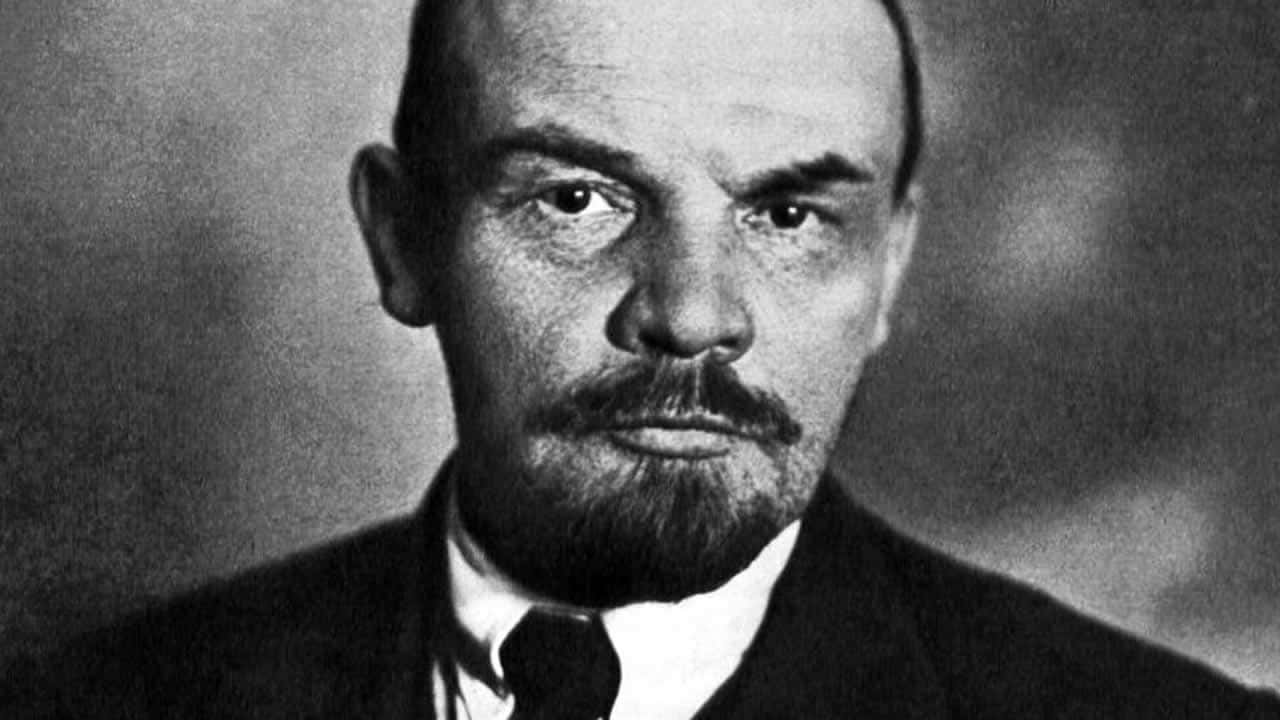
36. Wrong Targets
On the morning of their execution, the Romanovs were ushered down to the cellar of the house, and the murder squad showed up to carry out the executions. The men were each supposed to fire at a different family member, but many privately didn’t want to shoot the girls, so they all aimed at Nicholas and Alexandra instead. The firing was so wild that the men managed to injure each other in the process.
37. Bulletproof
In the months leading up to their executions, Alexandra had the children sew valuable diamonds into specially made underwear in case they needed quick money for an escape. The night of the execution, the children were wearing this special underwear, which, in effect, acted as a bulletproof vest. The bullets bounced off of the clothing, wounding but not slaying the children. When the smoke cleared and the murderers discovered that the children were still alive, they had to try to kill them all over again.
38. I'm Her!
Of the many women who claimed to be Anastasia, one woman, Anna Anderson, became the most famous. She first emerged sometime between 1920 and 1922 with the claim that she had escaped with the help of a sympathetic guard. Between 1938 and 1970, she persisted in her claim, fighting a legal battle for recognition, and although some people who had known Anastasia disbelieved her story, others who also knew the Princess were convinced it was her. In 1994, 10 years after her passing, her tissue was compared with a sample from Prince Philip, but there was no match, disproving her claim once and for all. It's now widely believed that Anderson was actually Franziska Schanzkowska, a mentally-ill Polish factory worker.
39. Elevated to Sainthood
In 1981, the Romanovs were canonized by the Russian Orthodox church and designated as martyrs. The canonization was controversial in part because of Nicholas’ failure as a ruler, but the Church argued that the decision had nothing to do with their actions, but the reason for their deaths. In August 2000, Moscow Patriarchate canonized them as Passion Bearers for facing the end with resignation.
40. Honorable Old Man
Alexandra wasn’t the only one of the Romanovs to share a close relationship with Rasputin. With her encouragement, the children got accustomed to sharing their secrets with him, whom they called “the honorable old man". Rasputin spoke to the children before bed each night and wrote them letters. Anastasia in particular referred to him as her “only true friend” and spoke of him with great love and affection.
41. Another One?
Anastasia Romanov was the fourth girl born to the Romanov’s, much to the disappointment of her parents who had hoped for a boy. When she was born, the Czar apparently went for a long walk to compose himself before visiting his newborn daughter. Way to make a girl feel wanted!
 Plant Based Happy
Plant Based Happy
42. Prohibition
Immediately prior to WWI, Nicholas issued a decree banning the sale and production of booze in Russia. The ban was originally meant to only take place during mobilization, but it was extended for the duration of the conflict and held over by the Bolsheviks until 1925. While the ban did have some positive effects, it also resulted in a rise in home-distilled vodka and the consumption of substitutes. The ban was considered a particularly bold move because one third of the State’s budget came from vodka revenues, but Nicholas was assured that a healthier population would work harder and compensate for the loss.
Sources: 1, 2, 3, 4, 5, 6, 7, 8, 9, 10, 11, 12, 13, 14, 15, 16, 17, 18, 19, 20, 21, 22, 23, 24, 25, 26, 27, 28, 29, 30, 31, 32, 33, 34, 35


